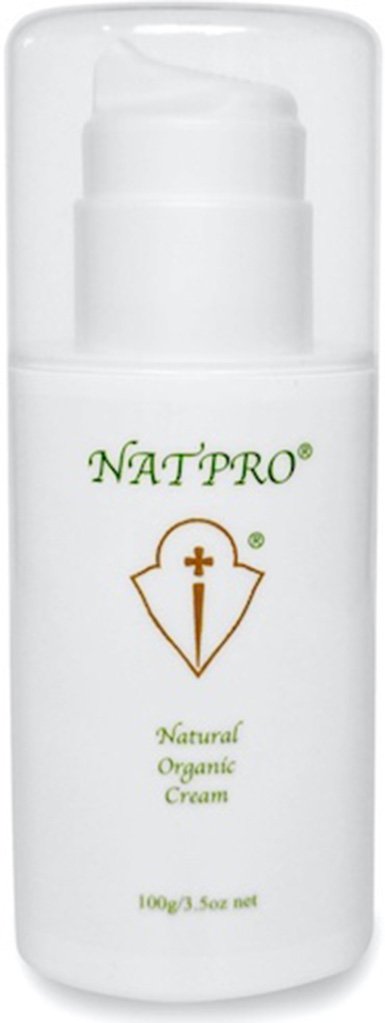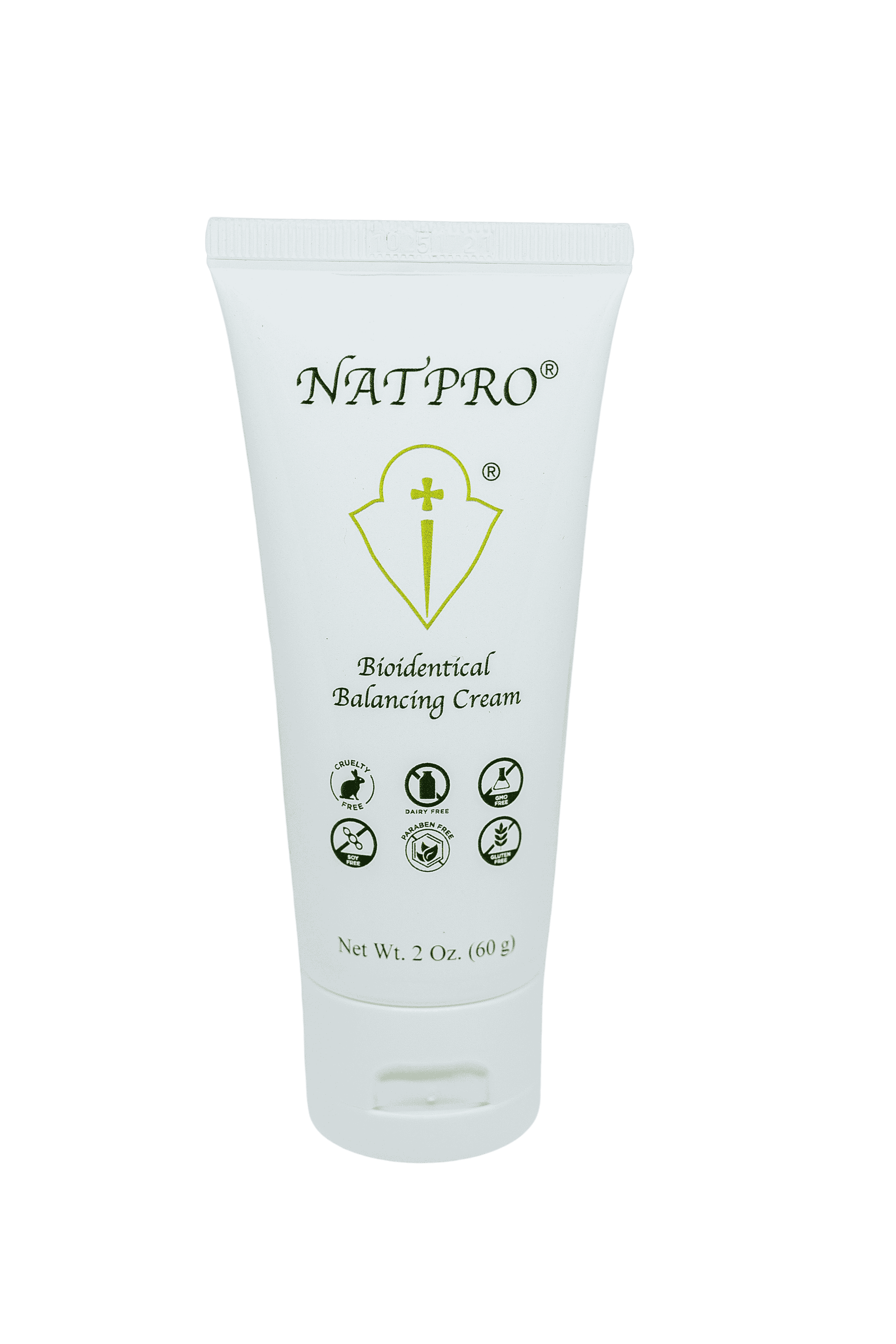Traumatic brain injury
Every 15 seconds in the USA someone suffers from a traumatic brain injury (TBI). More than one and half million people each year, more than 50,000 die. It causes more deaths in men under 35 than all other diseases combined. 80,000 are permanently disabled.
It's estimated that costs for long term care are as high as 40-50 billion US dollars each year.
For thirty years fifty substances have been tested, all have failed. But in 2006 the first successful trial was published, using IV progesterone.
Over the course of three years, 100 TBI patients were studied. Some were given standard treatment to control bleeding and fevers, together with surgery for head-injury. Others were also given intravenous progesterone, at triple the highest natural levels at the end of pregnancy.
Women can produce over 400ng/ml progesterone during the third trimester. This would equate to 1200mg/day progesterone via IV transfusion.
Interestingly, in this first study, 71% of the TBI victims were men.
There is considerable confusion over progesterone, often misleadingly called a female sex hormone. It is not a sex hormone, it is not an exclusively female hormone. It plays no part in the secondary sexual characteristics which develop at puberty. This is governed by oestrogen and testosterone.
It is secreted primarily by the ovaries in females and the testes in men. Smaller amounts are produced by the adrenal glands, the brain and glial cells. There are no great quantitative differences in production between men and women outside the luteal phase. It is the precursor to the sex hormones testosterone and oestrogen, and to cortisol and aldosterone.
Progesterone regulates gene expression, has a positive fundamental effect on cell differentiation and growth, with anti-oxidative and autoimmune anti-inflammatory mechanisms. It positively affects the nervous system by stimulating neurotrophic factors, quenching oxidative hyperactivity and regulating autoimmune responses.
It reduces programmed cell death and the synthesis of inflammatory factors that can kill neurons hours to days after traumatic brain injury. It's an anti-inflammatory and has been shown to reduce the response of natural killer cells as well as other inflammatory cytokines and proteins.
Injections of progesterone given after traumatic brain injury have been shown to improve cognitive, sensory and motor recovery, enhancing both short and long term recovery.
Topically applied progesterone is rapidly absorbed transdermally and its patterns of distribution and metabolism are comparable to those reported for intravascular progesterone.
Progesterone readily crosses the blood brain barrier reducing oedema to barely measurable levels in traumatic brain injury. It reduces lipid peroxidation and the generation of isoprostanes, which contribute to post-injury ischaemic conditions. Isoprostanes are potent inflammatory compounds and are accurate markers of lipid peroxidation in animal and human models of oxidative stress.
Progesterone metabolites decrease pro-apoptotic and increase anti-apoptotic enzymes in TBI. Progesterone also reduces the expression of pro-inflammatory genes and their protein products, and reduces the area of necrotic cell death, plus improving behavioural outcomes in TBI.
Progesterone protects neurons on the far side of the injury which would normally die. It also produces significant sparing of cognitive, sensory and spatial learning performance after TBI.
The progesterone metabolite allopregnanolone reduces the brain's response to stress, by potentiating the action of GABA, plus progesterone regulates the secretion of catecholamines during stress.
No adverse side effects have been found in the studies on traumatic brain injury. Unlike oestrogen, which can exacerbate brain injury, progesterone can be given to both males and females without affecting gender and sexual functions.
Progesterone promotes regeneration and myelination of axons, and has a neuroprotective and antioxidant effect in the injured nervous system. It has multiple effects on glial cells, it influences growth, differentiation and increases the expression of myelin-specific proteins in oligodendrocytes, and potentiates the formation of new myelin sheaths by Schwann cells in vivo.
The potential for progesterone in various disorders is enormous. Stroke, which affects more than 700,000 Americans each year, with over 150,000 dying, paediatric and geriatric TBI, reducing oedema in cardiac and vascular surgery, MS (multiple sclerosis), spinal cord injuries, motorneuron disease, diabetic neuropathy, peripheral neuropathy, protection against cell excitotoxicity, preventing the deterioration of myelin which occurs in the peripheral nerves during ageing and more.
Unfortunately the word progesterone is used interchangeably with all the synthetic progestins used in contraceptives.
Medroxyprogesterone acetate (MPA), better known as Provera, is possibly the most common progestin, also available as an injection or depot, as it's usually referred to. The progesterone molecule is greatly changed in MPA, and it does not have the same metabolic effect. Although it does reduce oedema in TBI, it cannot assist in behavioural recovery. An important aspect of progesterone are it's metabolites, particularly allopregnanolone. This is a potent anti-inflammatory, antioxidant and analgesic.
In 1913, Nobel laureate Santiago Ramon y Cajal wrote, "In the adult brain, nervous pathways are fixed and immutable. Everything may die, nothing may be regenerated."
Donald Stein's work of forty years has proven him wrong, the brain has an immense capacity to regenerate, given the nutrients it needs.
For instance vitamin D is also neuroprotective. It reduces neuronal loss when used alone in traumatic brain injury studies. But further studies have shown that adding vitamin D to the progesterone protocol, increased the benefits of progesterone. Vitamin D deficiency increases levels of inflammatory cytokines and proteins, which increase substantially when injured. Given the fact that the majority of the world's population is vitamin D deficient, it's understandable that adding this vital antioxidant would be of added benefit.
N-acetylcysteine (NAC) has been shown to be neuroprotective in traumatic brain injury. A potent antioxidant, it reduces inflammatory cytokines and proteins, reducing oedema, blood brain barrier permeability, and cell death.
Taurine concentrations drop sharply with severe trauma. Taurine is unique among amino acids as it's not bound in tissue, but serves as an osmolyte with antioxidant properties. One of the most calming of the amino acids, it helps to reduce the stress response.
Glutamine also drops sharply with trauma, it's the preferred fuel for the gut, liver, and immune cells and serves as a precursor for antioxidants. Increasing both taurine and glutamine reduces morbidity.
Arginine is another potent anti-inflammatory, levels drop during accidental or surgical trauma. It aids in wound healing and speeds recovery time after surgery. Assists in glucose metabolism, insulin production and growth hormone. It also detoxes the liver and boosts the immune system.
Glycine repairs skin and connective tissue, energy reserves drop during trauma, having enough glycine increases energy. It's a calming amino acid, thereby lessening the stress response to the trauma.
Tyrosine is essential for any stressful situation, acute, uncontrollable stress depletes tyrosine and thereby dopamine and noradrenaline, leading to depression and a rise in corticosterone, tyrosine reverses this. It's part of the enkephalin peptide involved in regulating and reducing pain.
The B vitamins drop sharply when stressed. B6 in particular is needed to metabolise all the amino acids. B5 is the anti stress vitamin.
For more information on the above nutrients see the Energy Boost page.
Emory University doctors are studying the use of progesterone in treating traumatic brain injuries, like the one suffered by Marc Baskett.
Here Dr. Kellerman also of Emory describes a progesterone treatment for those who have just suffered a traumatic brain injury...
References for traumatic brain injury research
Do you have a story about traumatic brain injury?
We'd love to hear it. Sharing it will help us all get a better understanding of how to treat this increasingly common form of injury.
Here's what others have said
Click on the links below to see contributions and comments from other visitors to this page...
IV
Does anyone know where to get Progesterone IV drips? I've had 3 LOC concussions and am using Natpro. But a boost I think would benefit as there are still …
tbi caused me left side hemiplegia
After a head shot six years ago I have been wheel chair ridden and always have music in the back of my head like I'm always singing to myself.
Husband with TBI & Son testing for MS
I have much more to read and learn and research but can you guide me on the benefits of Progesterone for TBI & MS. My husband suffered a TBI and my son …
Husband with TBI & Son testing for MS
I have much more to read and learn and research but can you guide me on the benefits of Progesterone for TBI & MS. My husband suffered a TBI and my son …
TBI Recovery story...
In 2008, August 8, 2008, I had a traumatic brain injury and it left me with severe amnesia. Prior to my injury I had been taking progesterone supplementation …
TBI took my life
May 2010 I was driving a motorcycle when I way t-boned by a Ford F-150. I was only traveling at approx 20 mph. I remember see green (truck color)then …
Is it too late?
My stepson was involved in a car wreck November 28,2010 he sustained multiple fractures and a TBI. He had spent the Thanksgiving Holiday with us, as he …
James and Maggie
My Wife Maggie then aged 8 years old was struck very hard by the fender of an automobile in the late Spring of 1963; her World changed for ever. …
Are our soldiers being treated?
I became interested in TBI when my soldier son had too many friends coming home with TBI'S, some mild some seriously debilitating, I now work as a caregiver …
tbi wrecked my life and my familys
I was 14 when I crashed my atv... being 14 I didnt have a lot of experience with women. I have good values and I decided early on that I don't do drunk …
Miracle cream
I just wanted to say your product is amazing. I have been using it for nearly two years now, and back in January, two of my boys were in a horror road …

